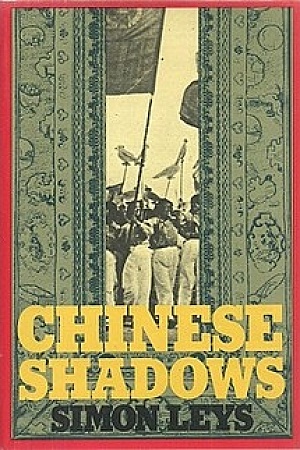Labour and the Politics of Empire: Britain and Australia 1900 to the Present
Manchester University Press (Footprint Books), $144 hb, 319 pp, 9780719080791
Labour and the Politics of Empire: Britain and Australia 1900 to the Present by Neville Kirk
In 1902 the New Zealander William Pember Reeves published a pioneering study of social innovations in Australia and New Zealand. He wrote it, he said, for the ‘increasing number of students in England, on the Continent, and in America who are sincerely interested in them’. Neville Kirk wants us to remember that British interest in innovation down under continued well beyond Federation. Almost a century later, he reminds us, Tony Blair shaped New Labour around what he learned from the great antipodean modernisers Bob Hawke and Paul Keating. ‘What people in Britain don’t understand about Tony Blair,’ he quotes from the Australian cleric and social entrepreneur Peter Thomson, ‘is that basically he’s an Australian.’ Kirk, an historian at Manchester Metropolitan University, has written extensively in what he calls transnational and cross-national comparative labour history, so that he is on familiar ground. Three of the four photographs in his new book, published in a series called Studies in Imperialism, depict British Labour leaders in Australia, the last taken in 1926 (of the avuncular Arthur Henderson and seven of his parliamentary colleagues). All were here, Kirk would like us to think, because Australia continued to be a beacon for working-class politicians and radical social reformers.
Continue reading for only $10 per month. Subscribe and gain full access to Australian Book Review. Already a subscriber? Sign in. If you need assistance, feel free to contact us.










Leave a comment
If you are an ABR subscriber, you will need to sign in to post a comment.
If you have forgotten your sign in details, or if you receive an error message when trying to submit your comment, please email your comment (and the name of the article to which it relates) to ABR Comments. We will review your comment and, subject to approval, we will post it under your name.
Please note that all comments must be approved by ABR and comply with our Terms & Conditions.